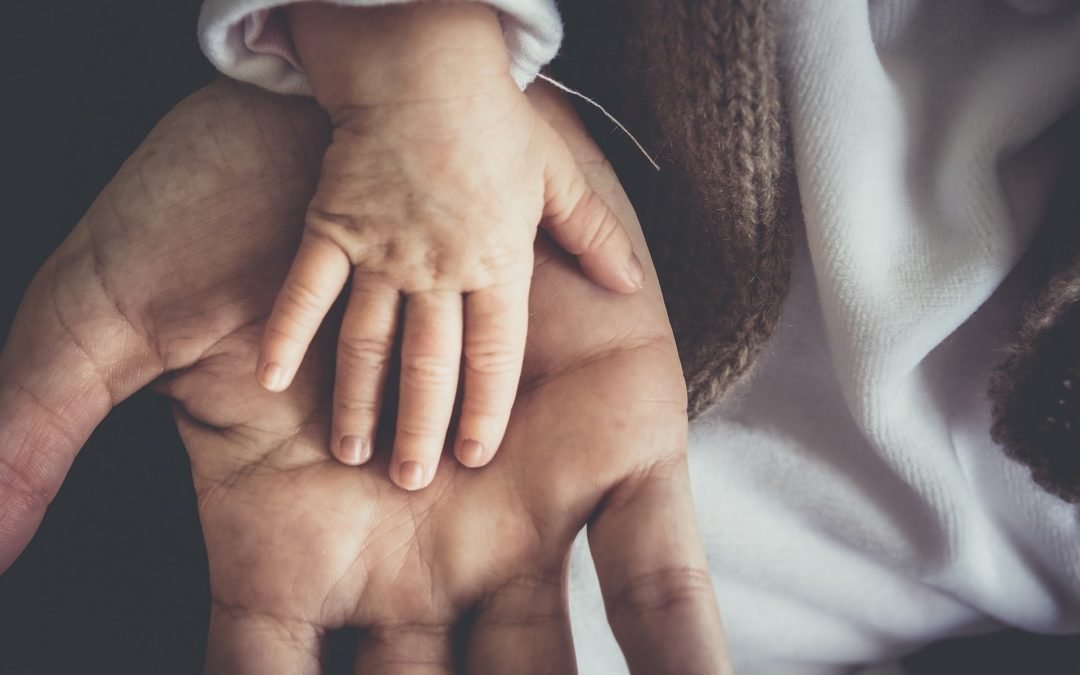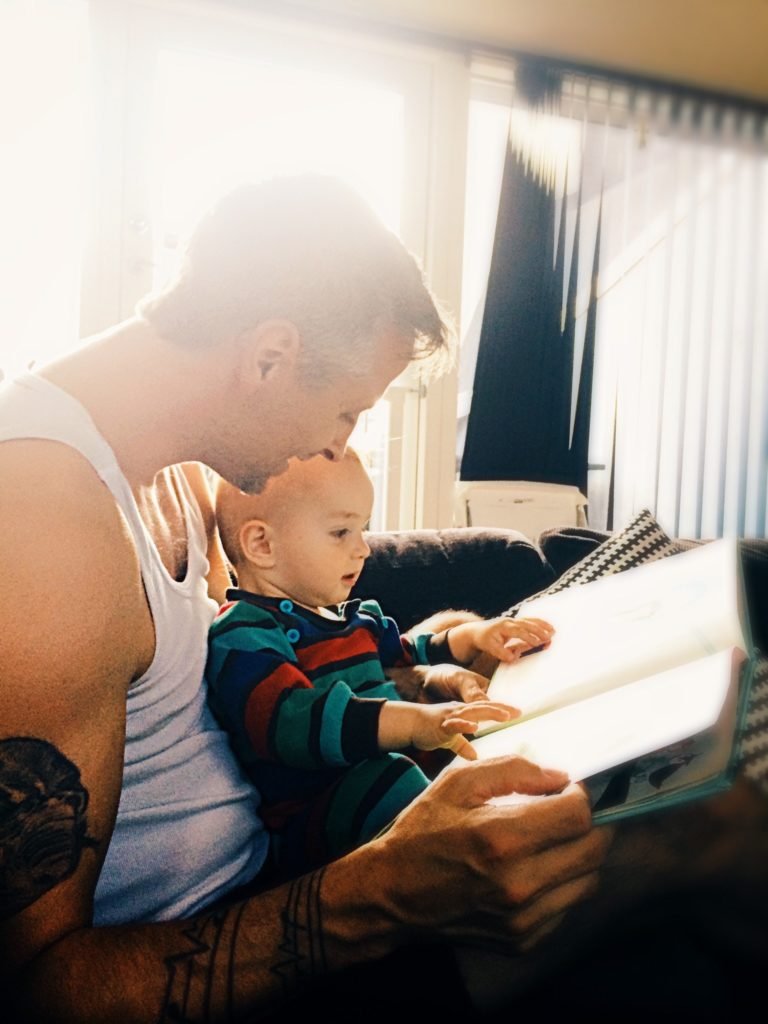
Do you really even care?

In the picture that’s my lovely daughter Goonj Aeran. She is going to be 6 years very soon.
She turns from a sophisticated princess to a mad monster right in a flick.
Right, when I conceived I started reading and searching every little thing about caring for a child.
I am still reading and learning a lot on how to handle things with her and its a continuous process.
As a mother, I am also 6 years old or 6 years young. There are days when she is really very stubborn and then there are days when she is awesomely sweet and innocent.
I am a mother and one thing I know now is I am raising a human being. Raising her has made me know myself. I know my strengths and I know my weaknesses.
Earlier, I used to think – I very much know what being a parent means.
As a parent, you want to and you do the best for your child.
Whenever I get a chance I make sure to cuddle with her, give her hugs and kisses. But, sometimes I completely use to “lost it” very often and screamed at her, yell at her as a frustrated mom would do.
I have done almost everything right from bribing a candy or chocolate and threatening her in a public place to be a disciplined child.
I pleaded I have ordered, I have tried to control her, I have begged her to sleep when I’m tired of all I wanted was her cooperation.
I really fear those days when none of the above would work. What if she stops respecting me? What if she stops listening to me? What if she might even stop coming back to me. I fear the days when nothing works for me. So how would I raise a capable, positive and successful person?
Then what I started reading, searching, and gathering information. And during this search, I came across small bits of information and theories that suggested there is a LOT I have been missing out on. There is a LOT more to parenting I know. These theories, articles, case studies present the idea that parenting is not to take control over your child’s life, creating a bond with them will be a lot more helpful.
Most of the schools that practice this thought process follow that, there is no need to punish a child ever. Once you give them respect, you will gain it back. The bond, the relationship you build today with your child can travel a long way to the difficult years of teenage and far beyond.
One thing I know now that Parenting is more about building character, (your own as well as your child’s) than about discipline. And on and on.
All of them would lead to one endpoint – that you have a better chance of raising a wonderful person with just one single change in your own character, attitude, and perception than with any other form of discipline rule.
Are you SERIOUS ?
Yes
So, I started looking at my relationship with my daughter. I started checking the patterns of me scolding her, getting mad at her. Slowly, I noticed one major problem that these patterns were like waves. My ups and downs were totally reflecting in her replies or talks to others.
I wanted to CHANGE. I picked few quick parenting tips, applied them. And they did work, almost but soon I almost got back to my traditional being.
Old habits won’t bring new results.
I wanted to make something for the long term, something which is sustainable. Something which could stay.
if you have reached till here that means you really CARE.
As I was thinking too much about it, I decided to break the pattern and started controlling myself. If I was trying a new technique or tip I was practicing it for at least 30 days as “it takes 30 days to make or (break) a habit”. Whatever happens, I have to follow it. Eventually, I should be able to reach where I want to be. Right?
It’s been a while now that I have changed my and my daughter’s behavior and the relationship between us. I still “lose it” but don’t get mad or a crazy parent like earlier.
If you’ve read this far, I’m guessing that at least some part of my story resonates with you.
Yes you are not alone.
These small tips really help. The only thing that matter is how much we want them to help us.
A small change in our own attitude and behavior can help a lot, really. I will be bringing some short videos and more blogs. This will be on various topics related to kids, their health, their concerns, our mental health, our concerns for kids, and much more.
I want to make a community through this blog where everyone can share their views and concerns about parenting.
if you are mother you are an Inspiration and so do the millions of mothers around you.
Great parents are made and not born. Do you all agree?
I am planning to write more on this blog and keep sharing as I want to bring together all the parents from different walks of life. We have one common goal as a parent – To slowly become a better person and raise a successful human being and bring out the best parent hidden within us.
Join Us in the Journey. Share your views about this blog by commenting or writing a mail @ monicaaeran@gmail.com
It’s a monumental journey we are on, and you will not regret being a part of this beautiful community!
Cheers
Monica Aeran




